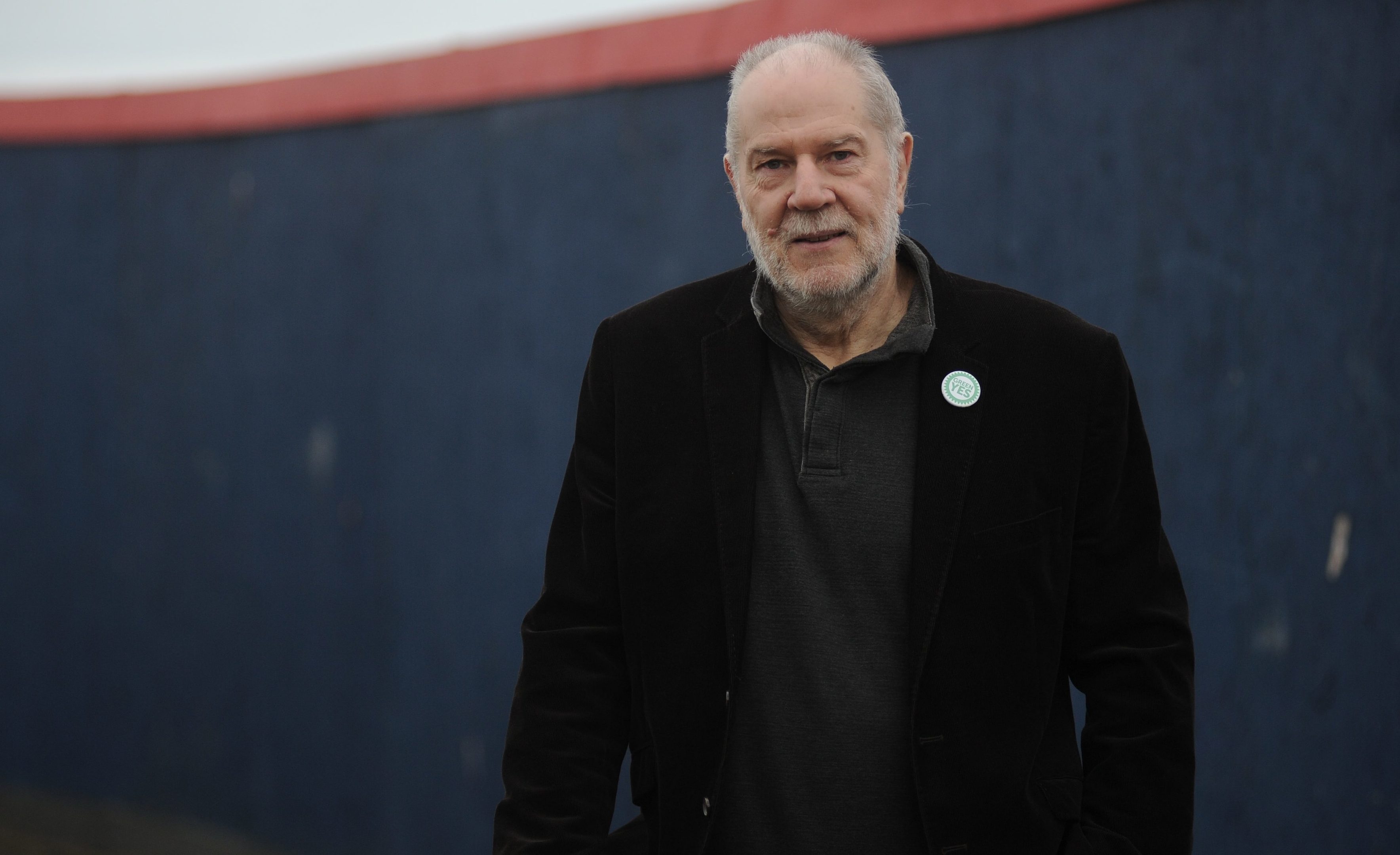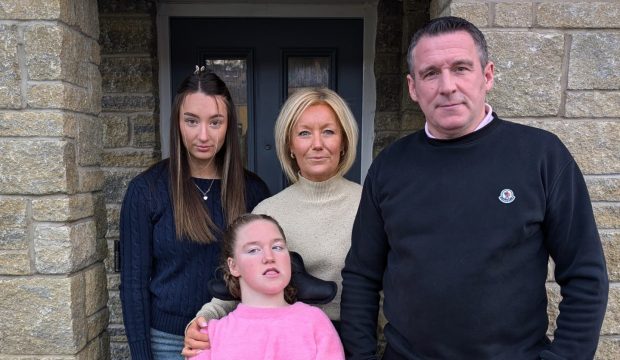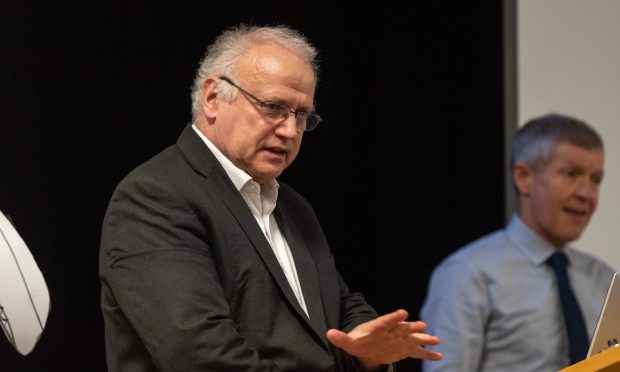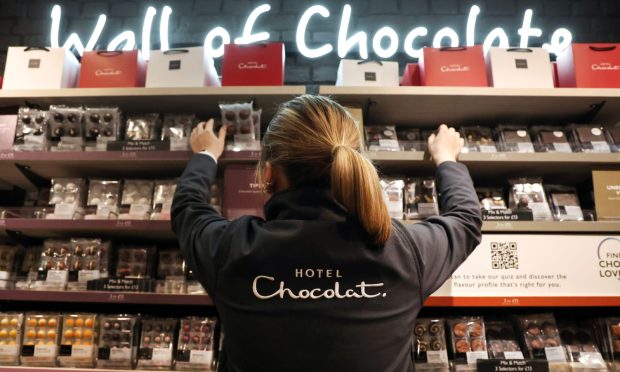A Cupar community councillor has resigned in frustration at a perceived lack of local power.
Andrew Collins claimed community councils’ input on local issues were ignored by planners.
After four years serving Cupar Community Council he decided there was little point in continuing to try to play a proactive role.
He said it was “deeply insulting” for communities to be completely ignored on matters in their own backyard.
Cupar Community Council, he said, wrote to Fife Council almost a year ago to suggest land sold in South Road by Tesco should be reserved for housing.
However, new owner London & Scottish Investments hopes to build retail units there and is awaiting planning permission.
Mr Collins said: “It transpires that Fife Council and London & Scottish have never even discussed the possibility of housing on this site.
“I am forced to conclude that Fife Council planners have a policy of ‘consult and ignore’ regarding community councils.”
Mr Collins said the blame lies with neither community council volunteers, nor planners who had neither the time or resources to establish needs of local communities.
The problem, he claimed, was local authorities such as Fife Council were too remote from the communities they served and the planning system was not fit for purpose.
He said: “What we need is real local councils. There is absolutely no reason why towns the size of Cupar and St Andrews should not look after their own affairs, as towns of a similar size do elsewhere in Europe.
“It is landowners and developers who decide what is built and where, and local communities are largely ignored. Elected councillors should be able to take a more proactive role in planning matters.”
Bill Lindsay, council service manager, said: “Fife Council actively seeks and considers the views of the local community for all development proposals through preparation of the local development plan, FIFEplan.
“All comments from the local community, along with all other comments received, are carefully considered and help inform development plans and proposals.
“FIFEplan has also recently been independently scrutinised by Scottish Government reporters to ensure that the views of all parties, including local communities, have been fairly assessed.”










